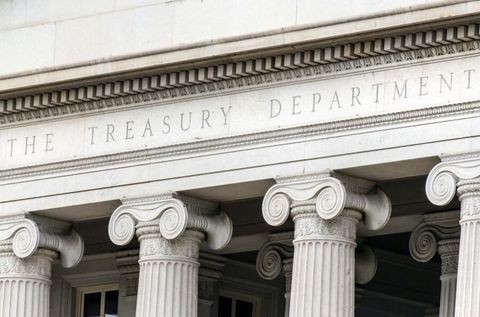Christine K. Lane
Areas of Focus
Overview
Clients turn to Christine Lane for her strategic, practical, and straightforward business approach to navigating complex transactional tax matters, including domestic and cross-border mergers, acquisitions, joint ventures, restructurings, and reorganizations. As partner and chair of Crowell's Tax Group, Christine represents clients across a wide range of industry sectors, including health care and life sciences, insurance, technology, and manufacturing. Christine routinely represents Fortune 50 and 100 clients in their tax planning and M&A transactions. She also represents emerging companies, private equity funds, and family offices with their tax planning and transactional needs.
Career & Education
- Department of the Treasury
Attorney, IRS, Office of Chief Counsel, 2006–2011
- Department of the Treasury
- Georgetown University Law Center, LL.M., with distinction, 2013
- Florida State University College of Law, J.D., cum laude, Order of the Coif, 2006
- University of Miami, B.B.A., summa cum laude, 2002
- District of Columbia
- U.S. Tax Court
Christine's Insights
Press Coverage | 01.02.26
Press Coverage | 01.02.26
Press Coverage | 08.26.25
Client Alert | 6 min read | 07.22.25
The One Big Beautiful Bill Act Expands Favorable QSBS Treatment
Recognition
- Legal 500 US: Tax, 2017–2020
Christine's Insights
Press Coverage | 01.02.26
Press Coverage | 01.02.26
Press Coverage | 08.26.25
Client Alert | 6 min read | 07.22.25
The One Big Beautiful Bill Act Expands Favorable QSBS Treatment
Insights
- |
09.26.23
The Journal of Federal Agency Action
TEI's 2024 Credits and Incentives Seminar
|06.19.24
Christine's Insights
Press Coverage | 01.02.26
Press Coverage | 01.02.26
Press Coverage | 08.26.25
Client Alert | 6 min read | 07.22.25
The One Big Beautiful Bill Act Expands Favorable QSBS Treatment





